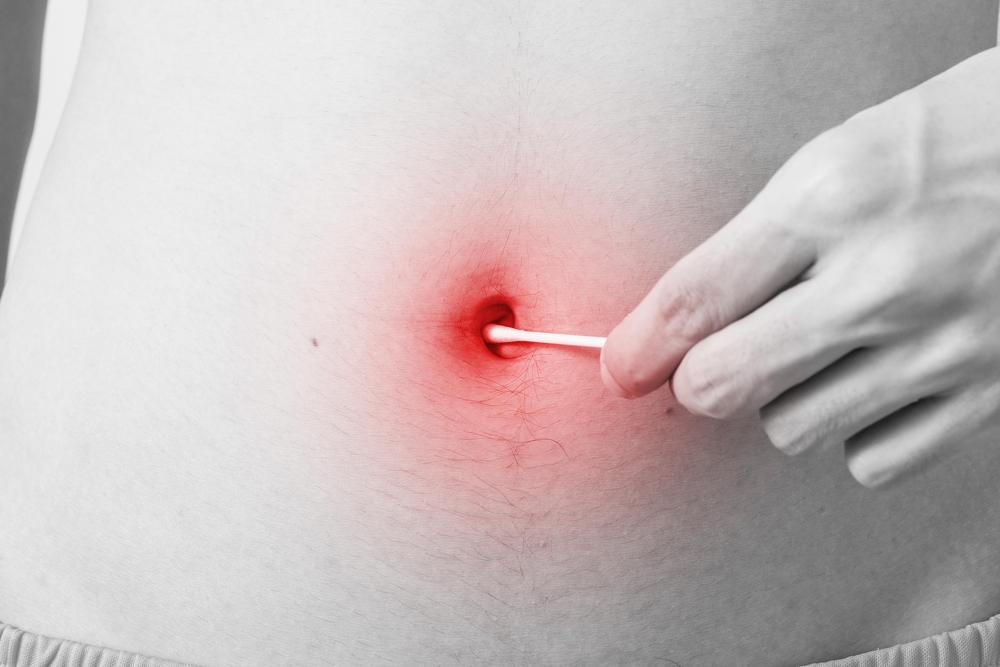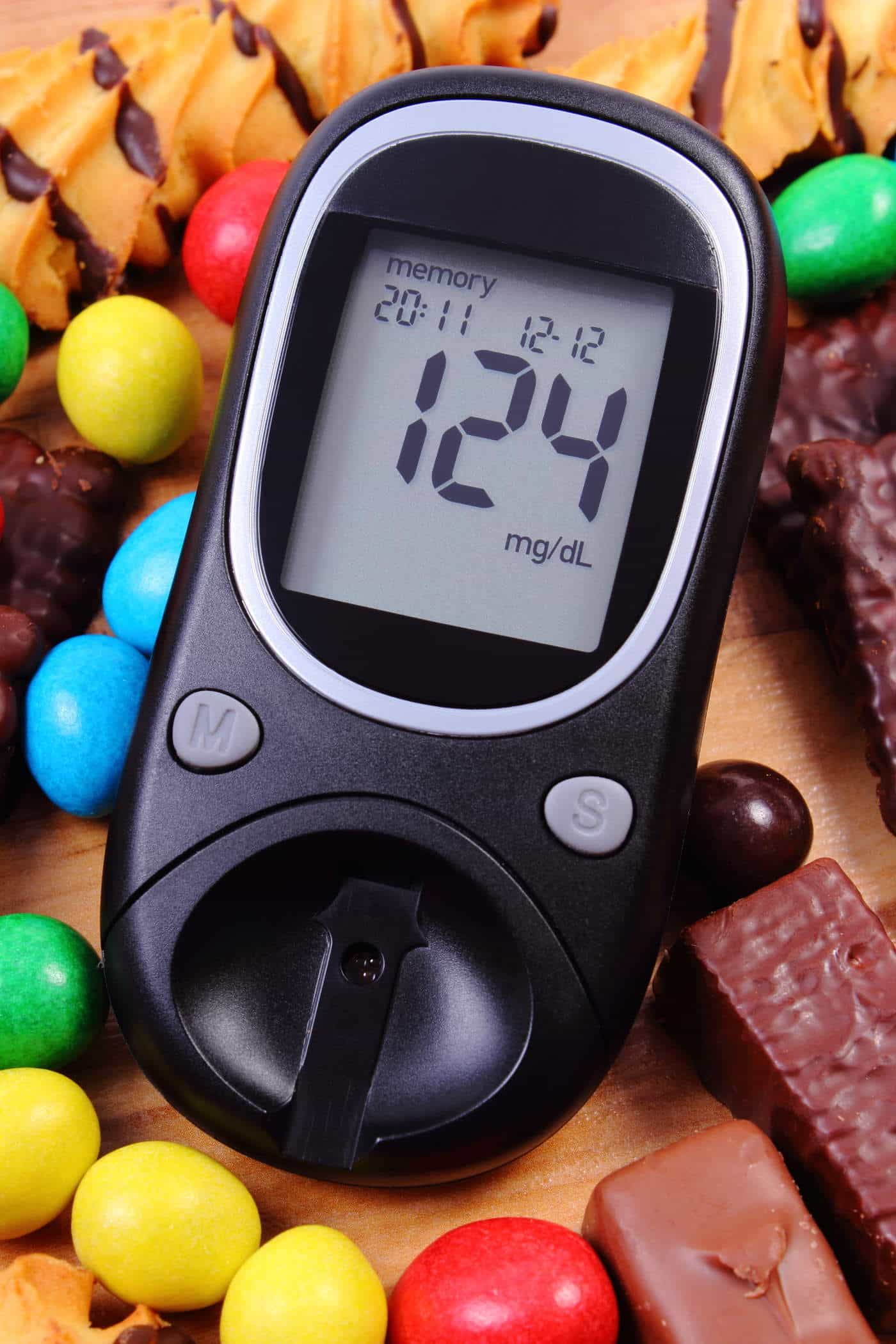Contents:
- Medical Video: Baby and Toddler Milestones, Dr. Lisa Shulman
- Development & Behavior
- How should my child develop on the 15th month?
- How do I help my child develop on the 15th month?
- Health & Safety
- What should I discuss with the doctor on the 15th month?
- What should I know on the 15th month?
- My attention
- What should I pay attention to in the 15th month?
Medical Video: Baby and Toddler Milestones, Dr. Lisa Shulman
Development & Behavior
How should my child develop on the 15th month?
Your child is currently 15 months old. At this time your child may have walked or made the first step. Make space for him to walk. It doesn't matter if he falls. This is the way he learns and adapts to his environment. You can help him by letting him push the box or baby carriage. This will help your child develop his motor skills.
You can see your child becoming more independent. He or she will probably want to sit next to you at the dining table, even if he stays on his high chair. You might also have to fight extra hard. This most often happens when you have to change a diaper, brush his teeth, or sit him in the seat of his car. Do not be angry. Your child is showing his independence. The most important thing to do is not to lose your temper. Stay calm and change your command sentence into an invitation. For example, instead of saying: "Brush your teeth!" You can say "Let's have fun. We brush our teeth together. "You will see mood differences.
15-month-old toddler, can also do the following:
- Say at least 3 words
- Understand simple commands ("no," "please give me")
- Pointing to body parts
- Scribbling with crayons
- Throw the ball, run, climb
- Walk alone
How do I help my child develop on the 15th month?
The best way to support your child's development is by continuing to read books to your child. There are some children who can survive sitting at this age, but some don't, so don't give up if your child can't stand sitting during a reading session. Stay persistent. Keep introducing the book to your child and eventually he will enjoy sitting and listening to the story. Over time, reading is one of the valuable activities for both of you. Toddlers often want to listen to the same story again and again. Repetition helps them learn words, and get used to the story - "Aha! I know what will happen in this story! "- very calming for them.
If your child has an aloof personality, don't call it "shy". He may be slow to get along with other people but most toddlers are sometimes embarrassed, especially in new situations. Anxious about separation can affect social behavior both in sociable and timid toddlers.
In a stressful social situation, let him know that you understand. Hold his hand and say "It's a great party, isn't it?" Give him more time to warm up without forcing him to socialize, and praise him when he starts socializing and doesn't need to mention or wonder why he is alone or ashamed.
To encourage a child's physical development, try throwing the ball at the wall and when the ball returns show him how to catch the ball. He may not always be able to catch him, but he will feel happy when trying to catch up.
To prevent biting habits, especially if he bites another child, first make sure the child who is bitten is fine. Stay calm with both children. There is no benefit if you shout or punish a biting child, because he cannot control his emotions. In fact, children who bite usually cry harder than those who are bitten. Pay attention to what happened at the time of the incident. Is your child threatened or where is it taken? Does this happen close to nap time? You can prevent problems if you know the trigger.
Health & Safety
What should I discuss with the doctor on the 15th month?
This is the time of control of your 15-month-old child. The doctor may ask the following questions:
- How is your child's appetite? How many times does your child eat and snack in a day?
- Is the bowel regular? Does CHAPTER change with certain foods?
- How do you sleep and take a nap? Children 1-2 years old still need 13-14 hours of sleep a day.
This question will help doctors assess their development and health. You must discuss additional things that you are worried about.
What should I know on the 15th month?
During this month, your child will grow fast. When you are 15 months old, your child's measurement results are:
- Weight: 9.2kg to 13.6kg (male), 8.6kg to 12.5kg (female)
- Height: 74cm to 84cm (male), 73cm to 83cm (female)
- Head circumference: 45cm to 50cm (male), 44cm to 48cm (female).
Growth charts will show a general picture of your child's physical development. Your pediatrician will measure your child's weight and height and head circumference to make sure he grows healthy at a steady pace, and compare the results of your child's measurements with other 15-month-olds.
My attention
What should I pay attention to in the 15th month?
You might be worried about how to deal with your biting child. Of course this is a bad habit. The reason your child is biting is because he feels threatened. He doesn't know how to communicate. The most natural instinct is by biting.
The best way to overcome this is to make sure the child who is bitten is fine. Then firmly say to your child, "Don't bite." No need to shout. Then try to understand why your child feels threatened. Sometimes children who bite cry faster than those who are bitten. Don't bite your child to show it feels bitten. This will only give the message that biting doesn't matter.
Let's see how your child develops next month.











